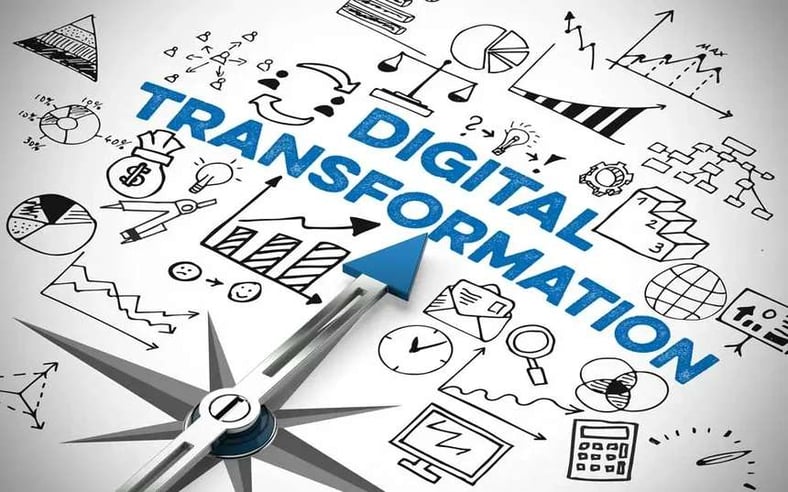Legacy ERP causing all sorts of problems
Legacy enterprise resource planning (ERP) tools may have finally reached a point of no return. Businesses that have had these systems in place for years or longer likely had to heavily customize them to gain critical functionality and handle everyday workloads. ZDNet contributor Larry Barrett recently highlighted the fact that outdated ERP is less of a factor today, thanks in large part to the immense growth of cloud-based applications.
This development was emphasized in a Gartner report that predicted decades of ERP customization will be labeled "legacy ERP" by 2016. Barrett asserted that this phrase is bad news to any CIO because it refers to "an expensive, time-consuming pain in the neck."
"Early ERP adopters, particularly large enterprises in energy, manufacturing, and distribution industries, are paying the penalty of a decade or more of excessive customization," said Andy Kyte, a Gartner vice president, Barrett reported.
Looking ahead, cloud-based ERP will likely gain even more steam than today's levels, as more organizations replace their legacy deployments with more agile environments. In terms of data accessibility, there may not be a better option than the cloud, which is available via the Internet. Large businesses can now have an agile workforce that remains productive anywhere at any time, which is a boon for productivity.
The Gartner report predicted that 30 percent of service-based businesses will migrate ERP applications to the cloud, according to Barrett.
A recent Enterprise Apps Today report also focused on how cloud computing and enterprise mobility are greatly changing the dynamic regarding ERP software. Eric Kimberling, a managing partner at Panorama Consulting Solutions, said many employees use their smartphones and tablets to access ERP software more than they do even PCs.
"Vendors are finally beginning to provide compelling and secure ways for employees to accomplish this, so look for increased adoption of mobile solutions," Kimberling said, according to the news source.
Competition is heating up
The growing popularity of cloud-based ERP is expected to result in fierce competition between major vendors. A Nucleus Research report said that this positioning among service providers will only benefit clients.
"Competition among ERP vendors is benefiting the end-user customers, who are driving the trend toward upgrade cycles that build on existing investments with new functionality," said Ian Campbell, CEO of Nucleus Research. "This goes beyond cloud delivery to include ERP solutions that are easier to use, highly mobile, and integrate with other enterprise applications, such as analytics. Vendors that take this value-adding approach will start to pull ahead."
The ability to seamlessly integrate cloud-based environments and mobile tools will be especially valuable for businesses that want to break down the traditional office barriers. Vendors that realize these solutions are becoming more entrenched in the global IT landscape will almost certainly have the upper hand over the competition.
As it stands, key players are maintaining their spots atop the ERP mountain. Popular options include Infor solutions, which are used by tens of thousands of clients worldwide. Rebecca Wettemann, research vice president at Nucleus, said vendors and their clients are at similar points in terms of delivering cost-effective, streamlined, and consolidated models.
"This provides a door for vendors to take the lead in new areas while developing their applications to make customer upgrades easier and more efficient," Wettemann suggested.
Businesses planning an ERP implementation would be wise to research possible vendors, given the availability of different services. Zach Nelson, CEO of NetSuite, said that buyers must evaluate vendors to make sure cloud-based ERP systems meet their particular requirements, Enterprise Apps Today reported.
Legacy ERP may have once been the only option for companies that wanted to leverage the power of these tools, but it is clearly giving way to more agile technologies. In any case, ERP will continue to evolve over time, meaning that deployments today must always remain flexible if businesses are to keep pace with new developments. Otherwise, these tools will need to be heavily customized or replaced altogether.
This is why Infor solutions are some of the best options on the market. Organizations should not hesitate to contact Infor to determine the best type of ERP implementation to support their unique industries and operational demands.



Post comment